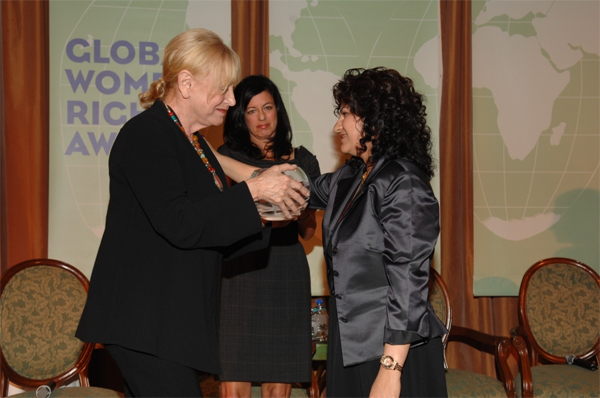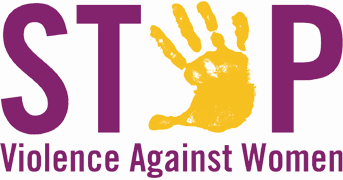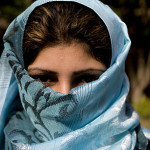Activist Houzan Mahmoud finds inspiration by going to visit historic buildings. I have been a women’s rights activist for a long time – but what with being a mother of a daughter aged seven and a political refugee from Iraq, my life is not like everyone else’s.
I start my day by taking my daughter to school. Back home I try to keep up with the news. I recently left my job as an adviser for women who had experienced domestic violence – I speak three languages and have a lot of experience with women who have fled domestic violence. Now, I am about to become a full-time student again, studying international relations and politics at Metropolitan University.
My days are usually very busy and there is always something to follow up, check and campaign about. I regularly speak to people at Amnesty International, for example, and tour the world giving speeches and lectures about women’s freedom in Iraq and the Middle East.
There have been threats against me because of my defence of women’s rights in Iraq and my criticism of the way political Islamic groups oppress women throughout the Middle East.
But I try to keep a balance between everything. Giving special time to my daughter is very important in my life.
I feel I am happy with the way I live. It is my hidden passion, I suppose – the inspiration for the world to change for the better. All the time, there is this thing in me that wants to change and challenge this upside-down world and that gives me hope and motivation to fight for freedom and equality.
I like visiting historic places and seeing how people lived all those years ago, but this is just a distraction. I love Italy because it has so many historic places. I am not religious but I really enjoy visiting the Vatican City in Rome. Athough I am against so much of the politics decided in the Houses of Parliament in London, I enjoy looking at the building (pictured).
But there is this sadness – that a lot of people put so much effort into building these places. In past centuries, the technology was not as advanced as it is now, so workers would have had to remove huge stones by hand. I can imagine how many people must have died during its construction. And who did they build it for? They were probably not the ones that were allowed inside it in the end.
That gives me this sadness for this upside-down world – when I look at things from a humane perspective as well as being very critical, taking the challenge to change this dark reality into a bright one.
· Houzan Mahmoud, the abroad representative of the Organisation of Women’s Freedom in Iraq (www.equalityiniraq.com), was talking to Natalie Hanman
Natalie Hanman
Monday September 25, 2006
The Guardian




